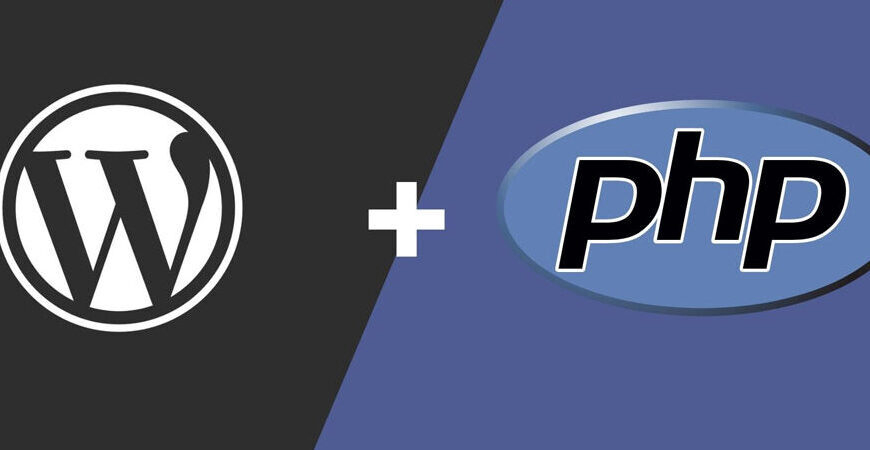Introduction
PHP and WordPress are two terms that often go hand in hand when discussing web development and content management. This blog explores the relationship between PHP, the scripting language, and WordPress, the popular content management system (CMS). We will delve into how PHP and WordPress are interconnected and why understanding their relationship is crucial for web developers and anyone involved in managing WordPress websites.
1. PHP: The Backbone of WordPress
a. What is PHP?
PHP, which stands for Hypertext Preprocessor, is a server-side scripting language. It is the primary programming language used to develop dynamic web applications. WordPress is built using PHP, and it relies on PHP to execute server-side operations.
b. How Does PHP Work in WordPress?
In WordPress, PHP is responsible for handling various tasks, including generating web pages, processing user input, interacting with databases, and more. The core of WordPress is essentially a collection of PHP scripts that work together to create and manage websites.
2. The Role of PHP in WordPress Themes and Plugins
a. Themes:
WordPress themes control the layout and appearance of a website. They are primarily built using PHP, allowing developers to create custom designs and functionality. PHP templates within themes dictate how content is displayed on web pages.
b. Plugins:
WordPress plugins extend the platform’s functionality. Plugins are also developed using PHP, enabling developers to add new features or modify existing ones. PHP code in plugins interacts with the WordPress core to enhance the CMS’s capabilities.
3. PHP Versions and WordPress Compatibility
a. WordPress and PHP Compatibility:
It’s crucial to use a PHP version that is compatible with the WordPress version you are running. WordPress recommends using PHP 7.4 or higher for security, performance, and compatibility reasons.
4. The Importance of Understanding PHP for WordPress Users
a. Customization:
Learning PHP empowers WordPress users to customize their websites to a greater extent. Whether it’s modifying themes, creating custom templates, or developing unique plugins, PHP proficiency is invaluable.
b. Troubleshooting:
Understanding PHP is essential for diagnosing and fixing issues that may arise in WordPress websites. Many common WordPress errors require PHP knowledge to resolve.
5. PHP and Security in WordPress
a. Security Best Practices:
PHP plays a critical role in the security of a WordPress site. Understanding how PHP code can impact security helps website owners implement best practices to protect their sites from vulnerabilities and attacks.
6. Conclusion: The Symbiotic Relationship
PHP and WordPress share a symbiotic relationship. PHP provides the dynamic scripting language that powers WordPress, while WordPress offers a platform for content management and web development. Understanding PHP is crucial for anyone working with WordPress, from developers creating themes and plugins to website owners looking to tailor their online presence. This blog has shed light on the intertwined nature of PHP and WordPress, showcasing the importance of this relationship in the world of web development and content management.




